The Glorious DKG Comes to Santa Barbara
Historian Doris Kearns Goodwin Talks Trump, ‘Leadership: In Turbulent Times,’ and Dead Presidents

For the better part of 40 years now, biographer/historian Doris Kearns Goodwin has been writing about dead presidents. Her focus has been on the greats: Abraham Lincoln, Teddy Roosevelt, Franklin Delano Roosevelt, and Lyndon B. Johnson, all of whom are the subjects of her new book, Leadership: In Turbulent Times.
One of America’s best-known popular historians, Goodwin is famously engaging as a storyteller; she has the rare gift to tell stories people might think they already know and make them new. Documentary filmmaker Ken Burns found her an irresistible presence as a diehard Brooklyn Dodgers fan in his nine-part series on the history of baseball. As a scholar, Goodwin does not deliver lectures. She’s too alive to what’s weird, wonderful, and amazing about her subjects. She connects the dots between the personal and the political without getting gossipy or surrendering to the amber lights of nostalgia.
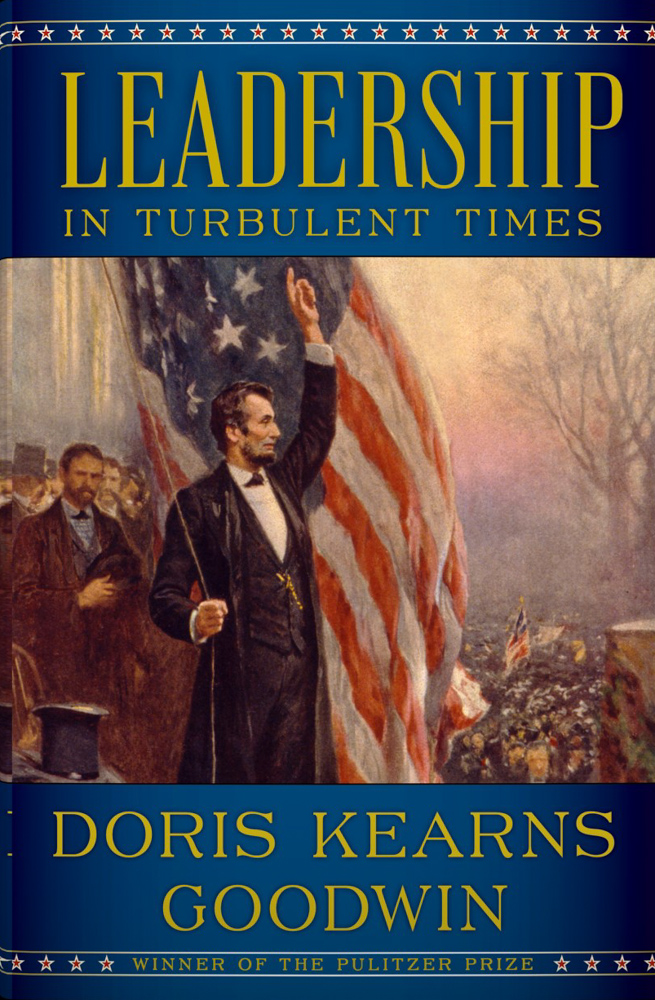
Goodwin will be in Santa Barbara on February 22 to discuss her latest book. In some ways, Leadership: In Turbulent Times is an old-fashioned character study, examining how the upbringing, challenges, and heartbreaks helped pave the way for the two Roosevelts, Lincoln, and Johnson to do great things under unimaginable duress. Of the four presidents, Goodwin actually knew Johnson, having served as a Fellow in his White House in 1967. While there, she famously wrote an anti-war article headlined, “How to Dump Lyndon Johnson.” He responded — equally famously — by not firing her as everyone expected but instead by setting about to win her over. It’s unclear who won over whom, but it was Goodwin who wound up helping Johnson write his memoirs.
It’s hard not to read Goodwin’s latest book as an implicit rebuke of Donald Trump — rarely has any president cared less about the craft of governance or the art of politics. As fascinating as Goodwin is to listen to about previous occupants of the White House, the only question people have for her these days is about its current inhabitant. I was clearly one of them, as this exchange with Goodwin indicates.
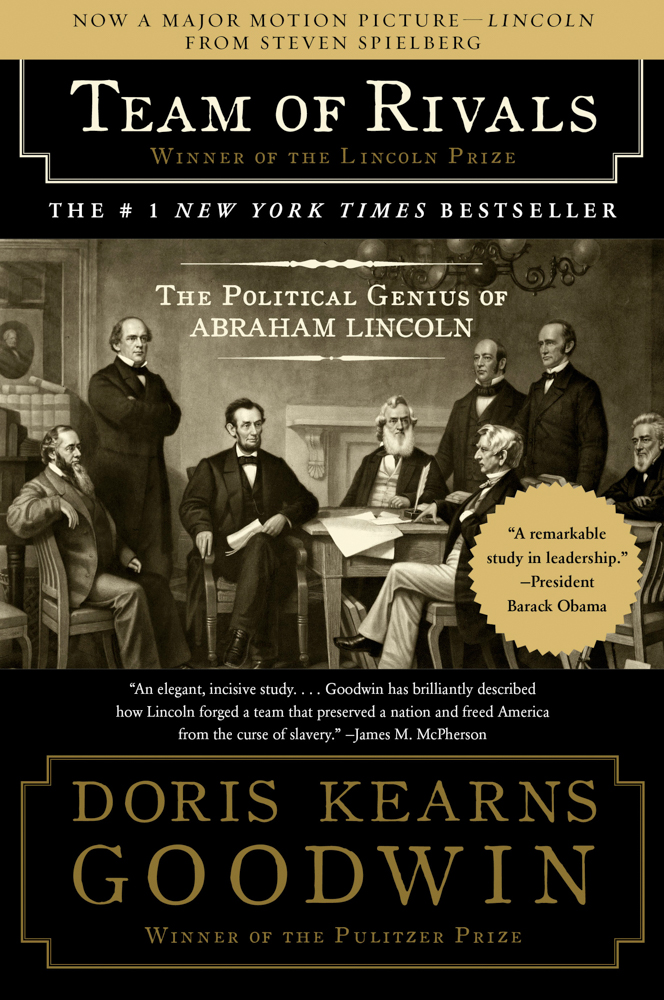
I know you don’t write about Trump, but as someone who studies presidential leadership and character, how do you come to terms with the Trump phenomenon? If Trump is the answer, what’s the question? What are the structural and institutional preconditions that allow a faux reality-show star to become President of the United States? I know that’s a thesis or three unto themselves, but you must have a few thoughts on the subject other than abject despair. Though Donald Trump’s populist message may seem unprecedented, much of the polarization we see today is an echo of what the country experienced at the turn of the 20th century. Imagine what it was like for Theodore Roosevelt thrust into office after McKinley’s assassination, at a time when there was widespread talk of a coming revolution. The industrial revolution had shaken up the economy at the turn of the 20th century, much as globalization and the technological revolution have done today. Big companies were swallowing up small companies. Cities were replacing towns. Immigrants were pouring in from abroad. A threatening gap had opened between the rich and the poor. A mood of rebellion had spread among the laboring classes. Populists railed against Wall Street, against elites, against the cities. The anxiety many people feel now is caused by the same pressures that made people nervous about an America that was changing then, but with the right leader for the right time, and with citizen participation, we were able to get through the hard times.
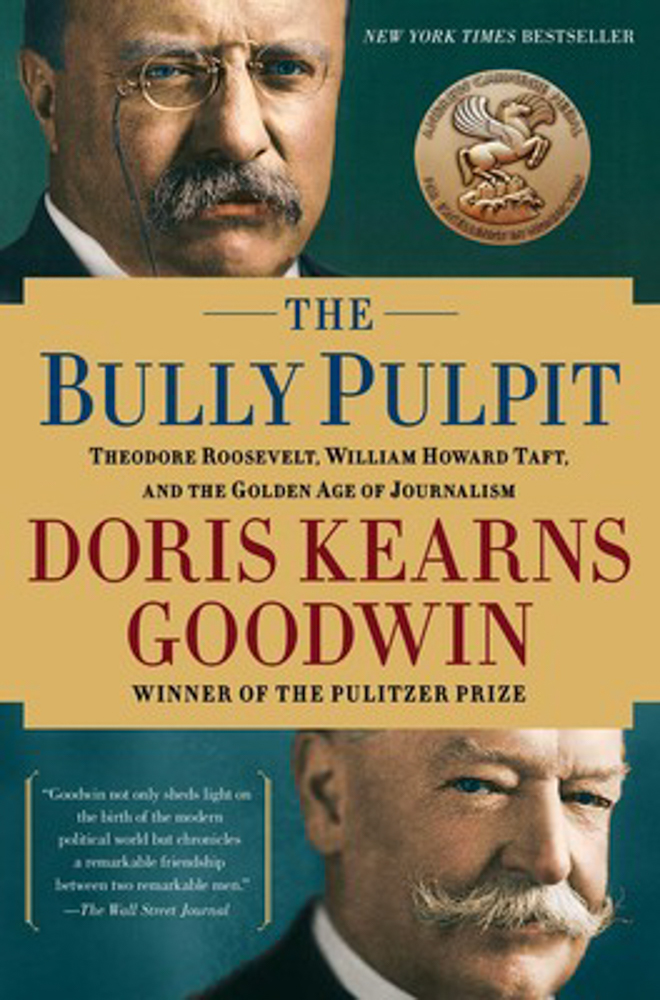
Are there any crucible moments you’ve discerned in Trump’s background — like FDR’s polio, Teddy Roosevelt losing his wife and mother — that might suggest anything other than self-immolation as an outcome? Yes, there were events that would be crucible moments, like the death of his brother or his various bankruptcies, but in order for growth to come from challenges, the challenges must be acknowledged as such. Donald Trump said in an interview, “My whole life is about winning. I don’t lose often. I almost never lose.”
If Abraham Lincoln were not assassinated, any speculation how his trajectory may have played out? As difficult as reconstruction would have been even for Lincoln, everything we know about his leadership suggests he would have been the best person to handle that really difficult challenge. In terms of his trajectory: The last day of his life was a happy and a hopeful one. He and Mary drove out in an open carriage together and talked about their future. They had traveled an unimaginable distance together since their first dance in Springfield a quarter of a century earlier. Over the years, they had supported each other, irritated each other, shared a love of family and the loss of their son Willie, and so much more. Now, with the war coming to an end and time bringing solace to their grief, the Lincolns could plan for a happier future. They hoped to travel someday — to Europe and the Holy Land, over the Rockies to California, then back home to Illinois, where their life together had begun.
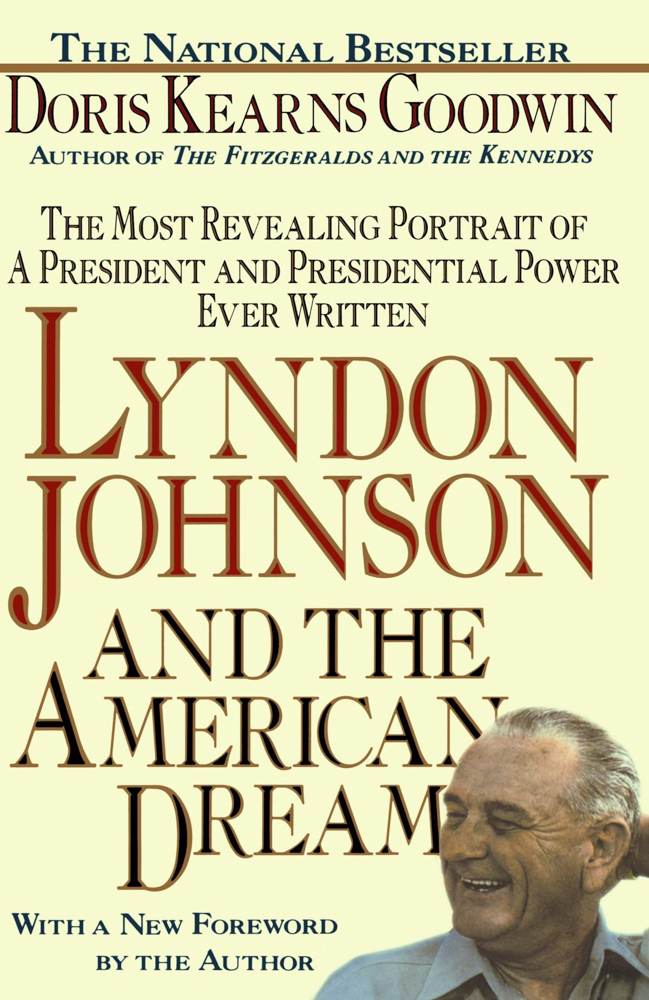
Lyndon B. Johnson is the truly great heroic monster of American politics. His accomplishments were so unfathomable, yet he allowed himself to be hoisted by the petard of Vietnam. Vietnam, of course, is ancient history, except it is not. Can you explain why Johnson could not declare victory and walk away? And when he thought Nixon was sabotaging his peace talks, why didn’t he do more about that? The handling of the Vietnam War will always be a scar on Johnson’s legacy. It ripped his presidency in two. We know more now than we did then about Nixon working behind the scenes to taint LBJ’s efforts at a peace initiative, even though Johnson was not seeking reelection. But what we can hold dear today is that 50 years later, LBJ’s domestic accomplishments continue to be celebrated — the 1964 Civil Rights Act, the Voting Rights Act, the War on Poverty, and immigration reform, Medicare, Medicaid, fair housing, Head Start, PBS, NPR, the National Endowment for the Arts, and federal aid to education.
Of the four presidents you write about, who would you most like to hang out with? Who would drive you crazy? Having already spent time with Johnson, a gifted and colorful storyteller, I would choose Lincoln. As a historian, I know I should ask him about what he would have done differently on reconstruction, but what I would really like to do is just ask him to tell me stories and watch him come alive. It would also be fun to spend time with Theodore Roosevelt and try to match his curiosity, his pace. Once, I was talking to a group and someone asked me, If I had a daughter, who would I want her to marry: Teddy Roosevelt or William Howard Taft? I would choose Taft for her because he was steady, cheerful, and kind. But for myself, I would choose Teddy with all of his manic energy!
It’s inconceivable that any president today could have polio and the national media would not comment on it. When it came to FDR’s polio, how did the media cover it? How did they acknowledge it? Was it like some secret mistress? You would hope in today’s world that we would be able to talk about FDR’s polio and paralysis. He made the decision at the time that the country was not ready for it. He went to painstaking efforts to hide his condition, and the press honored his decision. In 1936, when FDR was going to deliver his acceptance speech at the Democratic National Convention in Philadelphia, he was inadvertently pushed and the steel brace holding his right leg snapped out of position, causing him to fall, while the pages of his speech were tossed into the crowd. As he was raised back up on his feet and his speech collected, he said “Okay, let’s go.” He delivered a memorable speech that ended with, “This generation of Americans has a rendezvous with destiny.” Reports from the time say the cheers went on for 10 minutes. No one ever spoke of the fact that he fell. Juxtapose that with now: the images we’ve seen over and over again of President Ford falling down the steps of Air Force One, or President George H.W. Bush throwing up and fainting at a banquet hosted by the Prime Minister of Japan. There was a dignity to the office that is no longer.
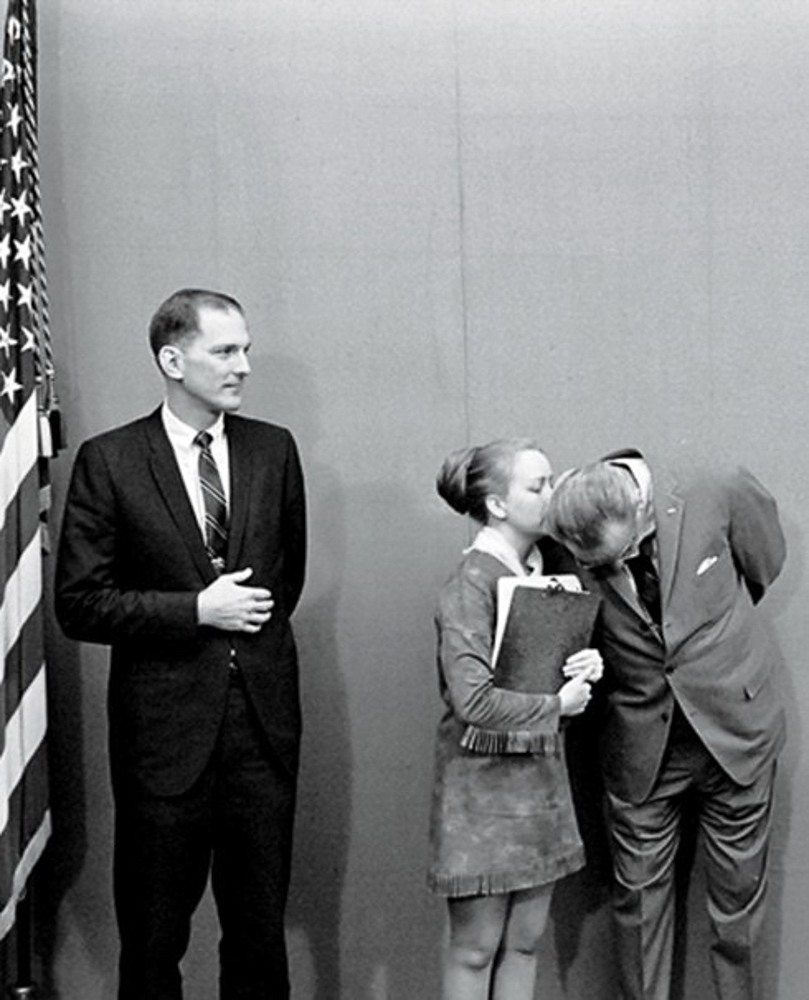
Reading about the profound emotional crises these figures experienced, it’s hard not to wonder what would have happened to them if they lived today. Would they have been given Zoloft or Prozac or some other mood stabilizer, lived much calmer lives, and accomplished so much less? I’m not sure that really qualifies as a question per se, but an invitation for you to riff on the mental-health challenges they faced and how such challenges were dealt with in their respective eras. Three out of the four seem to be strong arguments in favor of letting mental-health challenges run amok. … They got so much done. This is an absolutely fascinating question and is something I’d like to think about. Perhaps we can talk about it another time?
4•1•1
UCSB’s Arts & Lectures presents an evening with Doris Kearns Goodwin, Friday, February 22, 7:30 p.m., at the Granada Theater, 1214 State St. Call 893-3535 or see artsandlectures.ucsb.edu.



